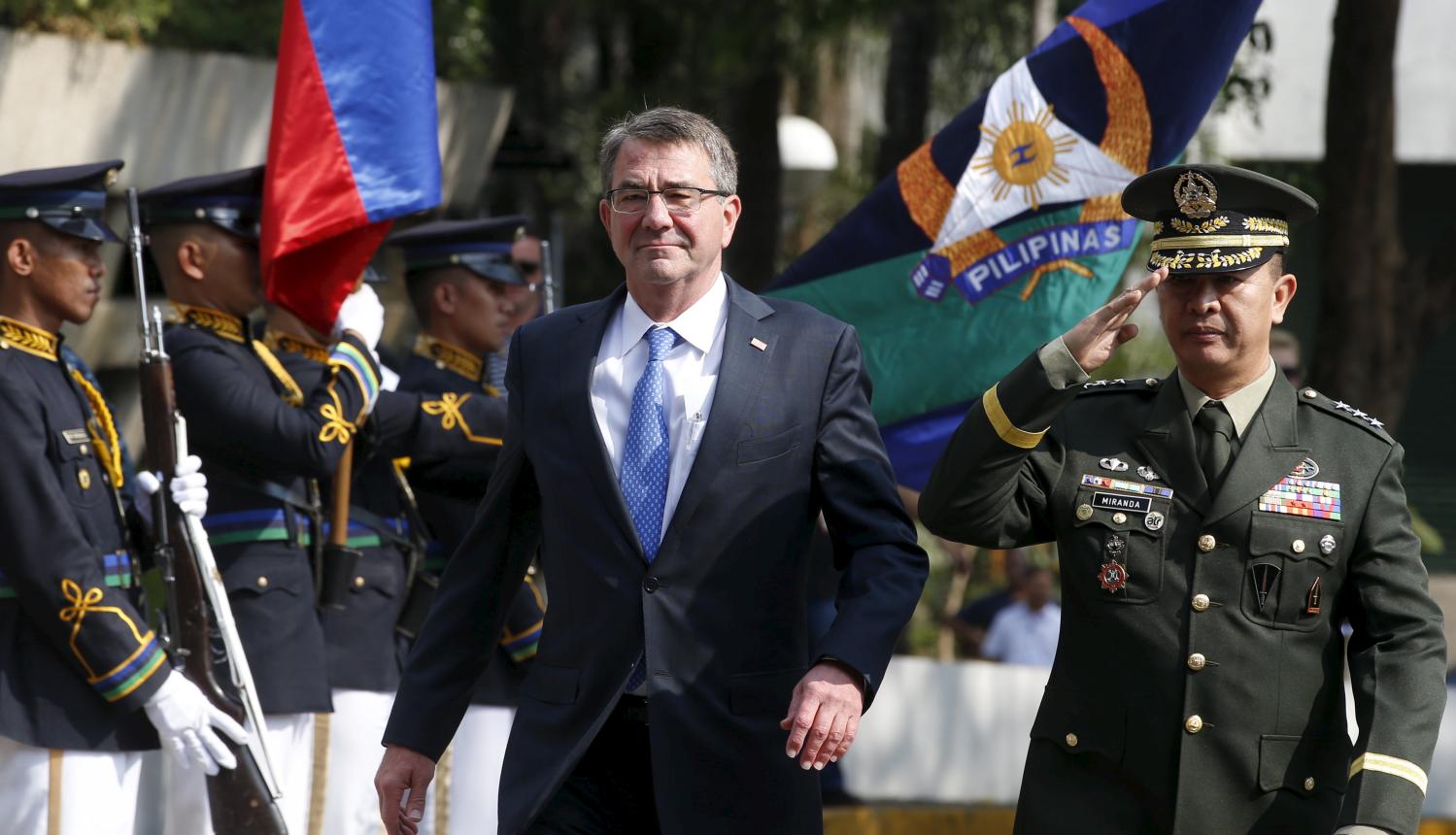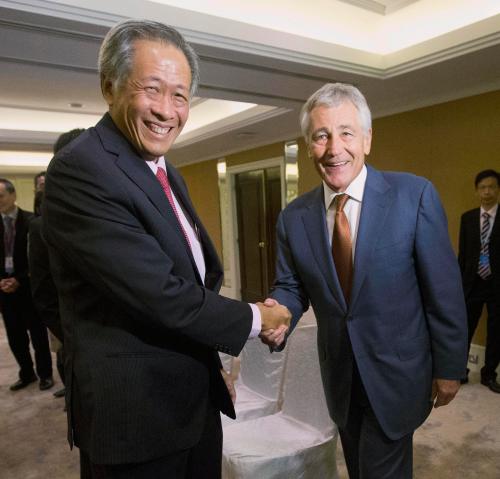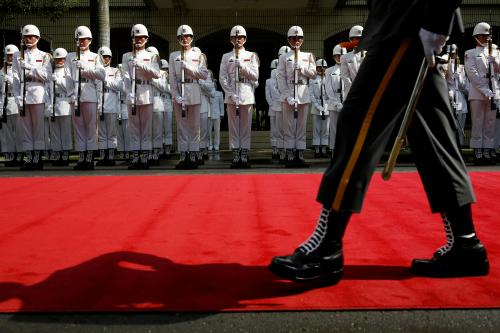The following paper is part of the Brookings Order from Chaos series Alliances & partnerships: U.S. commitments in the Asia-Pacific, in which contributing scholars offer their analyses of the various U.S. alliances and security partnerships, along with the diverse economic, diplomatic, and security challenges that impact those critical commitments.
The United States alliance with the Philippines is one of America’s most important security relationships in Asia, and has been since the signing of the Mutual Defense Treaty (MDT) in 1951. The alliance has evolved rapidly in recent years as a result of both Washington and Manila’s changing perceptions of the security environment in the Asia-Pacific, as indicated by the 2014 signing of the Enhanced Defense Cooperation Agreement (EDCA).
The alliance is likely to reach another turning point this year, as both the United States and the Philippines held presidential elections (the Philippines in May, and the United States in November), with a resulting change in administration that is likely to shift the contours of domestic and foreign policy in both countries. To anticipate these developments, this working paper reviews current perceptions of the Asia-Pacific security environment and assesses the U.S.-Philippine alliance in terms of its current status and possible future trajectories, particularly in light of the changing domestic political alignments in both Washington and Manila.
The opportunity is to decisively set the alliance on a course to advance the national security and foreign policy objectives of both countries and to ‘lock in’ this positive trajectory for several years to come. The challenge is to make sure that the change in course is a constructive one that has a secure foundation on both sides. Policymakers on both sides, therefore, should exercise both patience and heightened due diligence in alliance management, combining reassurance about the value of the alliance with a steady and consistent articulation of the ways in which the alliance can address their core national security interests and foreign policy objectives.
The Brookings Institution is committed to quality, independence, and impact.
We are supported by a diverse array of funders. In line with our values and policies, each Brookings publication represents the sole views of its author(s).







